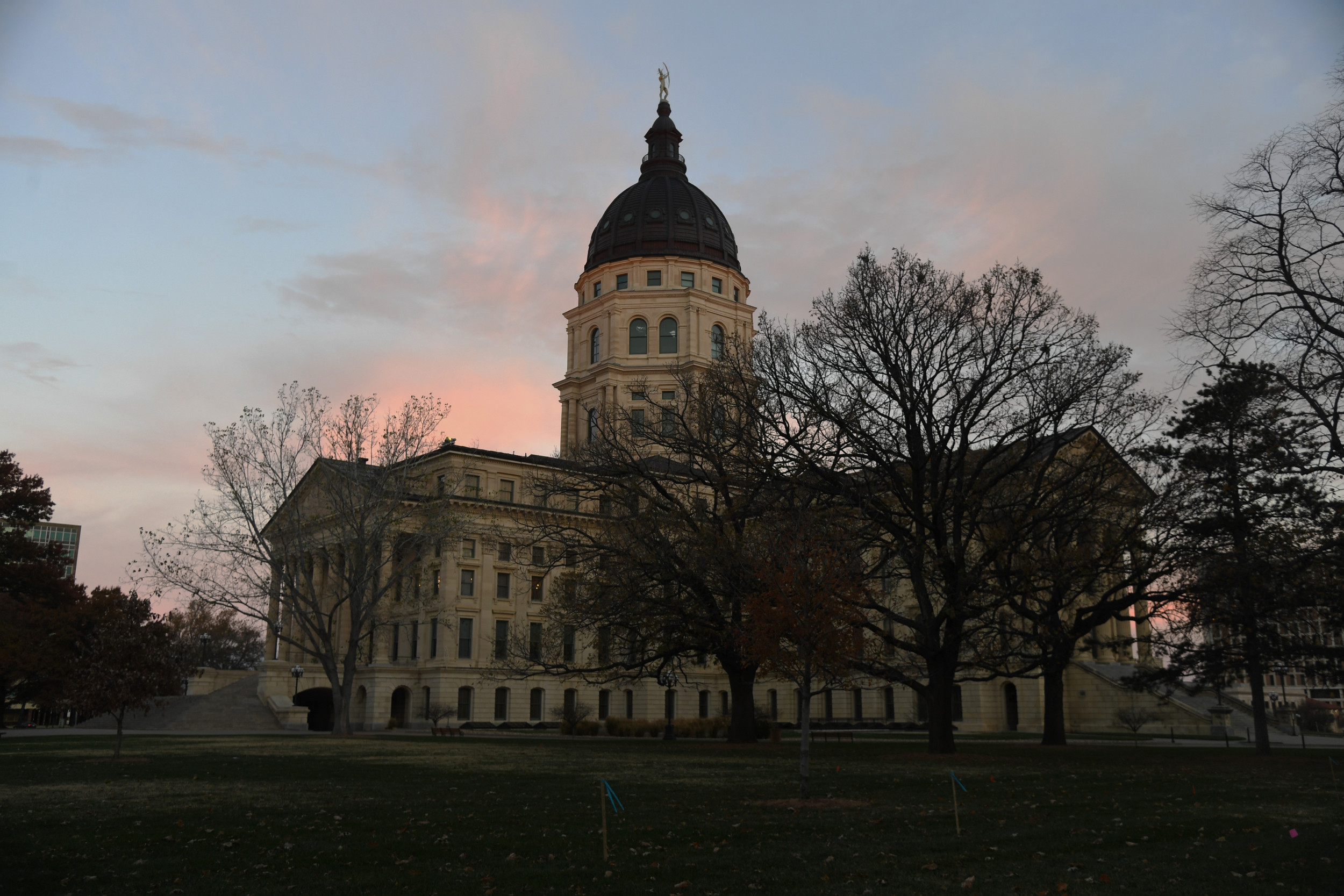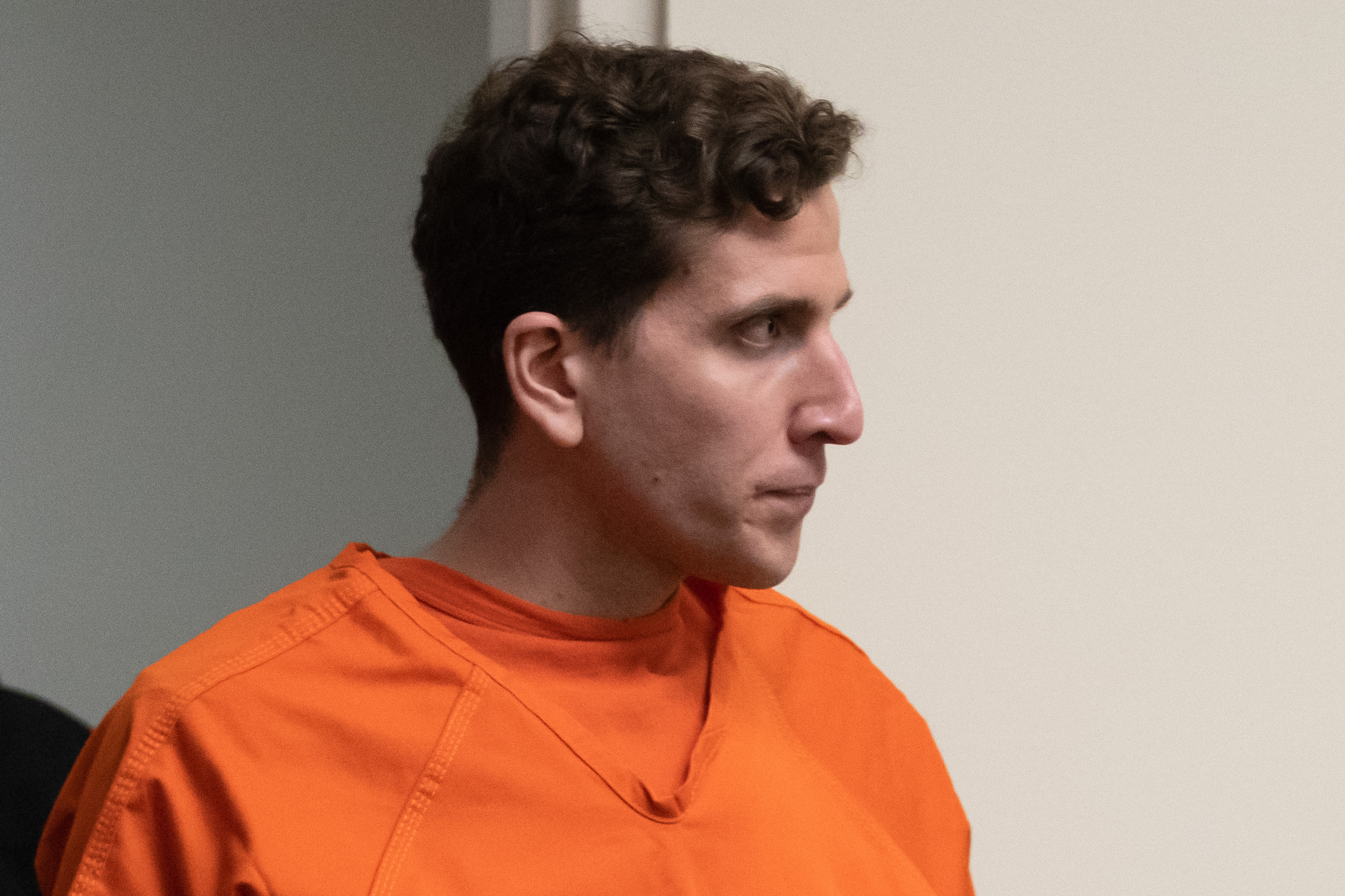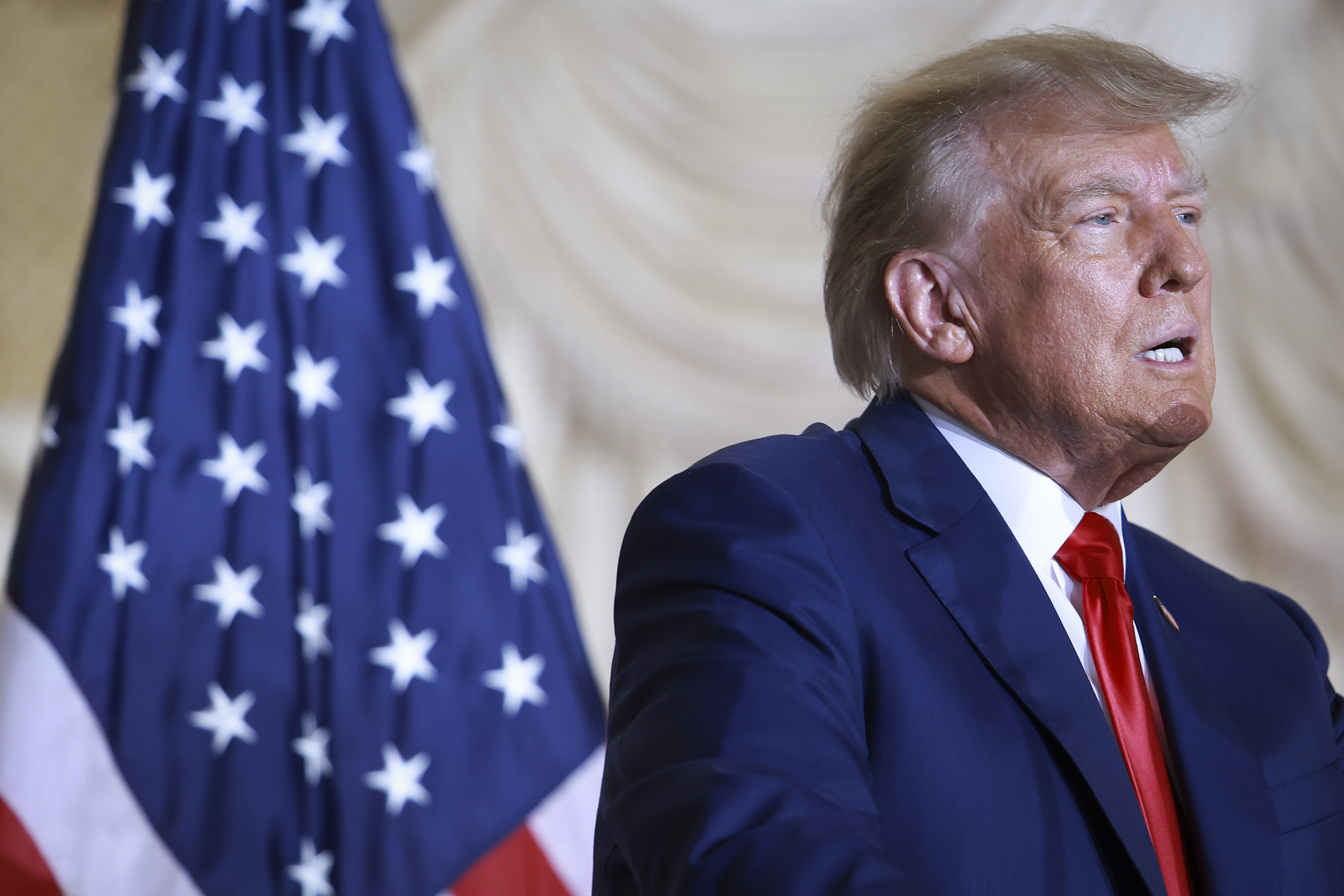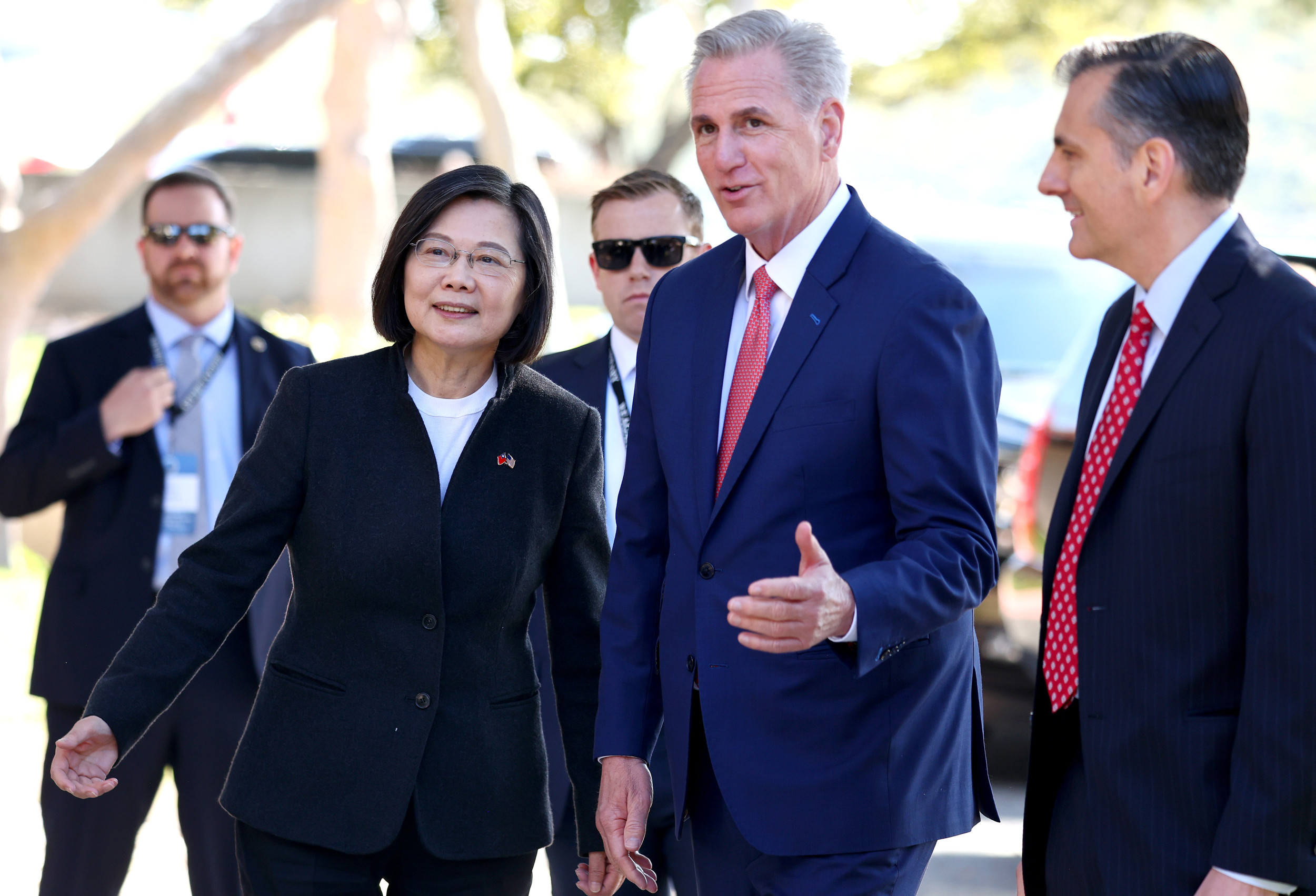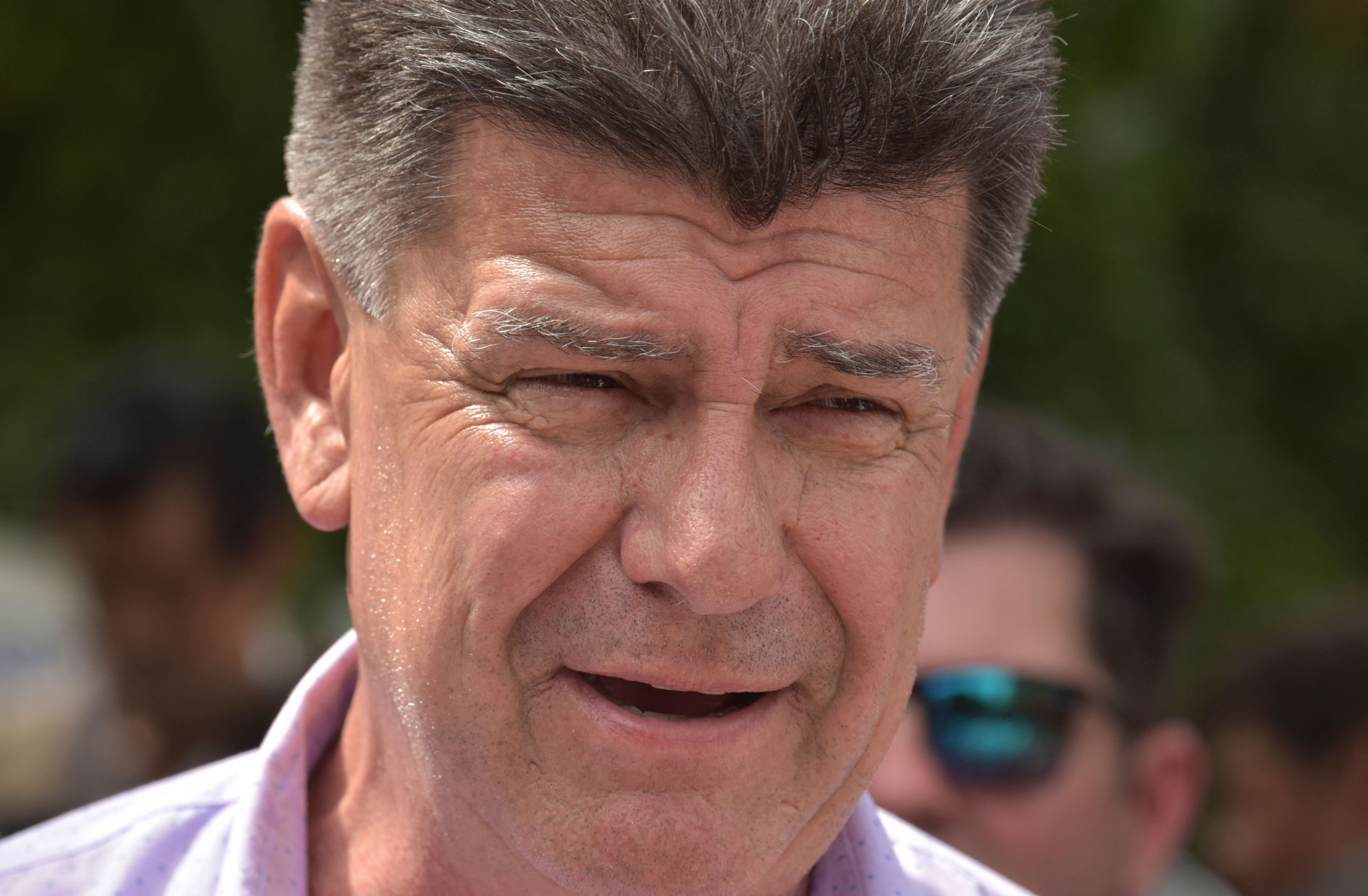Israel Prepares Forces 'On All Borders' Amid Lebanon Rocket Attacks, Unrest
The Israel Defense Forces (IDF) are readying for potential unrest on all of the country's borders amid a wave of violence spurred by the recent Israeli storming of the Al-Aqsa Mosque and a large barrage of rockets fired from across the Lebanese border.
Speaking to reporters on Thursday, IDF spokesperson Richard Hecht said that about 34 rockets were launched earlier in the day from Lebanon into Israel, 25 of which were intercepted and six of which fell into Israeli territory. The barrage is one of the largest since the last war between the neighboring rivals fought 15 years ago, and Hecht called the new attack a "very serious event."
While Hecht said the IDF has not yet identified the perpetrator, he said the launch was believed to have been conducted by a Palestinian group, potentially tied to Hamas or Islamic Jihad, two movements present in the Gaza Strip, from which rockets have also been fired recently as Israel deals with one of its most serious year-long waves of violence in decades.
This unrest was severely exacerbated Tuesday when Israeli security forces raided the Al-Aqsa Mosque, the third holiest site in Islam, in response to what they alleged to be Palestinian worshippers armed with firecrackers, sticks and stones refusing to leave the compound. And while Hecht said that the "intensity is going down" in Jerusalem, he warned of the potential for further instability as attacks emerged from Gaza and Lebanon.
"We're looking at it very closely," Hecht said in response to Newsweek's question, "and we're preparing ourselves on all borders."

Hecht said the IDF was also looking into potential involvement from Iran and said Hezbollah likely had knowledge of the rocket attack, though the powerful Lebanese movement was not believed to have been behind it.
Contacted by Newsweek, a spokesperson for Hezbollah declined to comment.
Newsweek has also reached out to Hamas, the Iranian Mission to the United Nations and the U.N. Interim Force in Lebanon (UNIFIL) for comment.
Earlier Thursday, the head of Hezbollah's Executive Council, Hashem Safieddine warned that the "the Zionist quest to target Al-Aqsa and harm our holy sites will inflame the region," according to Lebanon's Hezbollah-affiliated Al Manar outlet.
"Let the Zionists know that Al-Aqsa Mosque is not alone and that behind it are hundreds of millions of Muslims who are ready to give blood for it," Safieddine added.
Also on Thursday, a day after Hamas organized mass pro-Palestinian rallies across Gaza in response to the unrest at the Al-Aqsa Mosque, Hamas spokesperson Hazem Qasem called on Arab and Muslim countries to translate their condemnation of Israel into action.
The recent escalations constitute one of the most serious flares of violence in the long-running Israeli-Palestinian conflict since the Israel-Gaza war of May 2021, also sparked by an Israeli raid on Al-Aqsa and a housing dispute between Israeli and Palestinian families in the Sheikh Jarrah neighborhood of Israel-occupied East Jerusalem. That conflict also saw rocket fire into Israel from Lebanon as well as from Syria, where the IDF has frequently conducted airstrikes.
Hecht said Thursday that the IDF has not yet conducted any retaliatory operations against Lebanon as was the case during cross-border attacks two years ago, though Lebanon's official National News Agency reported artillery strikes from Israel near the outskirts of the southern villages of Al-Qleila, Al-Maalieh and Wadi Zibqin.
The Lebanese Armed Forces also said that rocket launchers suspected to have been used in the strikes against Israel were found in the vicinity of these sites, and that work was underway to dismantle them.
A statement by UNIFIL, a multinational peacekeeping operation to monitor the Israel-Lebanon border, also known as "the Blue Line," said that the "current situation is extremely dangerous" and that the force "urges restraint to avoid further escalation."
Meanwhile, in Gaza, the IDF conducted airstrikes Wednesday against what it alleged to be Hamas outposts used to manufacture weapons and train operatives in response to several rocket attacks against Israel.
As regional condemnation of Israel mounts over the Al-Aqsa episode, even the Arab states that recognize Israel have issued harsh words as violence continues to play out. Speaking to CNN on Thursday, Jordanian Foreign Minister Ayman al-Safadi said that the rocket fire from Lebanon into Israel was "the outcome of the unprovoked Israeli aggression on peaceful worshippers performing their religious duty."
"We're unfortunately at the exact moment, the dangerous moment we have worked for months to avoid," Safadi said, "which is a moment where violence is erupting."
This is a developing news story. More information will be added as it becomes available.
